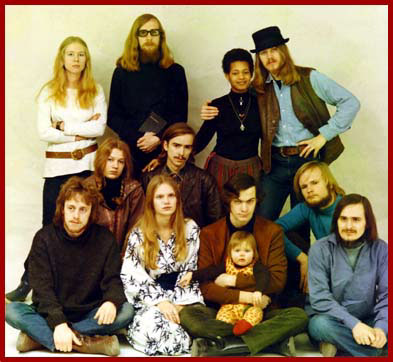“Best Places to Retire” is one of those standard go-to magazine and website articles designed to capture the dreams of Baby Boomers. I get it. They usually include a mix of criteria like cost-of-living; climate; the economy; health care; recreation and occasionally culture.
Me? I need culture. I need intellectual stimulation not another discussion about someone’s daily hike. Here is a story. I was crossing Broadway on New York’s upper west side a few years ago and stopped to talk with an elderly woman sitting on a bench on the strip that divided the roadway. I asked her why she lives in New York. She said, “I feel free because I can get anywhere on buses or hop in a cab; I can have food and wine delivered right to my door; I have hundreds of restaurants to choose from; the best bagels in the world; the best medical care; I am surrounded by people and energy; I can go to Lincoln Center, the opera, museums, plays all at a discount and people like you stop to talk. Why would I live anywhere else?” By the way, Selma had one big advantage… she lives in a rent control apartment.
You know what? New York is NEVER listed as a best place to live in these articles. Not in US News, Forbes, CNNMoney, CBS News or AARP. What’s up with this? I mean, does living in Utah sound enticing? Guess what? It makes some lists? Have you ever been to Provo? In the winter? Tried to buy a bagel?
OK, New York and a couple of other major cultural centers do make a list. In this case on a smart website from the Milkin Institute’s Best Cities for Successful Aging. Check it out.



